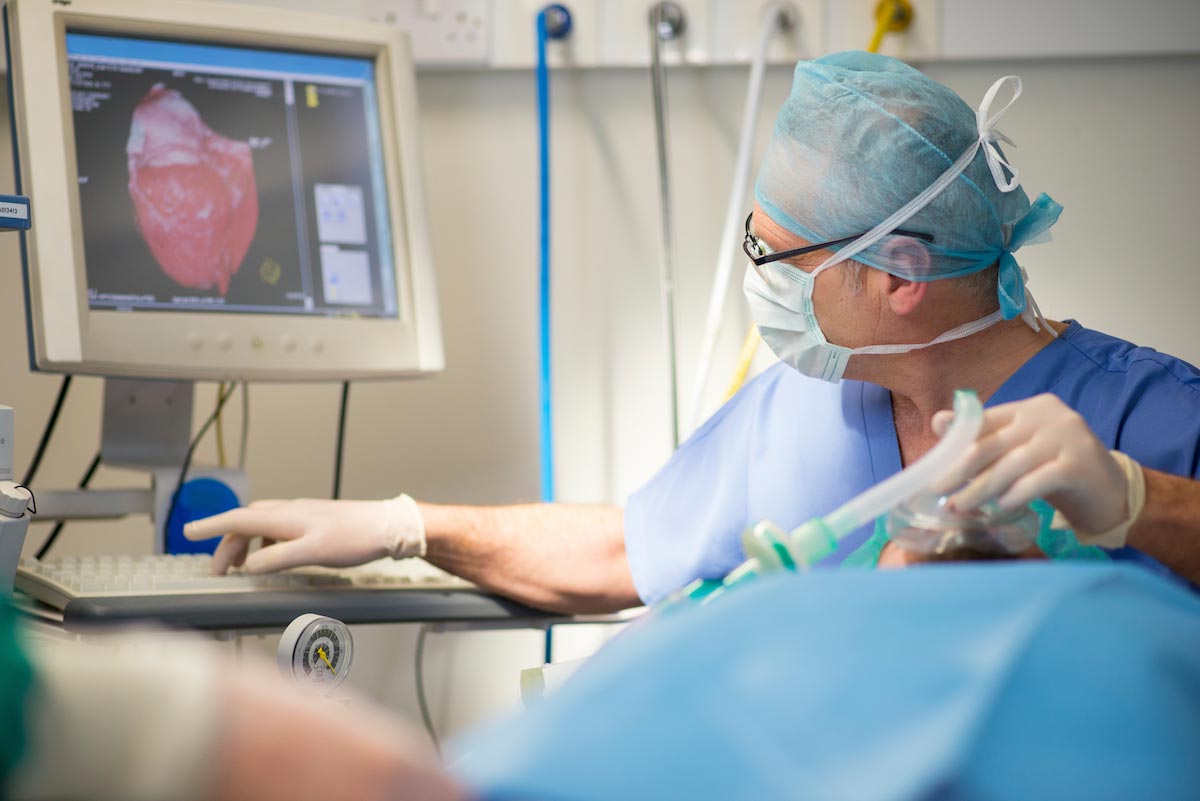A woman’s sense of smell is so sensitive it can sniff out cancer
03/20/2019 / By Amy Goodrich

The 53-year-old perfume entrepreneur Jo Malone — who created the eponymous brand that was sold to the cosmetics giant Estée Lauder in 1999 — can detect cancer just by using her nose. Just like a sniffer dog, she can recognize cancer by smelling subtle changes in chemicals.
Her heightened sense of smell was discovered after she was put to the test by the Milton Keynes-based charity Medical Detection Dogs, where she ranked on a par with a highly skilled dog, named Ozzie. Ozzie is trained to sniff out diseases such as cancer, diabetes, epilepsy, and heart problems.
Watch her take the test on the “Good Morning Britain” show below.
At the Festival of Literature in Dubai, Miss Malone said that she took the test to see her incredible sense of smell in a different light. When she was asked to identify tiny doses of amyl acetate diluted in mineral oil, she was able to spot the chemical when it was present in one part in one million. Since most humans are not able to smell one part in a thousand, she really did a fantastic job.
“I knew she would do better than the average because she has got a very highly tuned sense of smell but we were still amazed at how well she did. I had never seen that with humans before,’ said Medical Detection Dogs CEO Claire Guest.
While the perfumer scored beyond everybody’s expectations, she didn’t beat the superstar dogs who can spot the chemical when it is present in one part per trillion. To give you a better idea, that is about the amount of one teaspoon of sugar in two Olympic swimming pools.
Malone believes her incredible sense of smell may be coming from a condition called synaesthesia. Synesthesia is a neurological phenomenon where the sensation in one of the senses triggers a sensation in another. She explained that when she sees white and purple, she smells eucalyptus and blackcurrant. Also, when she listens to jazz music, she interprets it through her smell.
The power of the elements: Discover Colloidal Silver Mouthwash with quality, natural ingredients like Sangre de Drago sap, black walnut hulls, menthol crystals and more. Zero artificial sweeteners, colors or alcohol. Learn more at the Health Ranger Store and help support this news site.
Sniffing out diseases before things turn for the worse
When she was fighting breast cancer in 2003, Malone completely lost her sense of smell, which luckily returned after the cancer treatment. When her smell was restored, she knew that something was wrong with her husband’s health from the changes to his natural scent.
She couldn’t stop smelling a strip of skin on the right side of his neck. While she couldn’t put her finger to it, she knew something was wrong with him. While she kept telling his doctors she could smell something down his neck; they ignored her, saying “no you can’t.”
Later, tests confirmed that he was suffering from Addison’s disease. Some of the dogs trained by Medical Detection Dogs charity can recognize the same adrenal gland condition Malone smelled on her husband’s neck.
Claire Guest explained that diseases cause biochemical changes in the body. These changes lead to a change in body odor that can help in early diagnosis of life-threatening diseases, such as cancer or heart disease. The charity is currently conducting the first canine trials in the U.K. to sniff out prostate cancer from urine samples, with a 93 percent success rate.
Malone is apparently not the only human sleuth-hound out there. Scientists at Edinburgh University found a woman named Joy Milne whose super sense of smell could change the way Parkinson’s disease is diagnosed. Six years before her husband was diagnosed with Parkinson’s she noticed his smell had changed to a muskier smell.
When the Scottish woman was put to the test, her accuracy to identify who had Parkinson’s and who didn’t was 11 out of 12. She misdiagnosed one person from the control group for having the disease while according to him and the scientists he was healthy. Eight months later, however, Milne was notified that she was actually right and scored 12 out of 12 since the person had been diagnosed with Parkinson’s.
Sources include:
Tagged Under: detect cancer, Diseases, early detection, Jo Malone, nose, odor, prevention, scent, smell




















